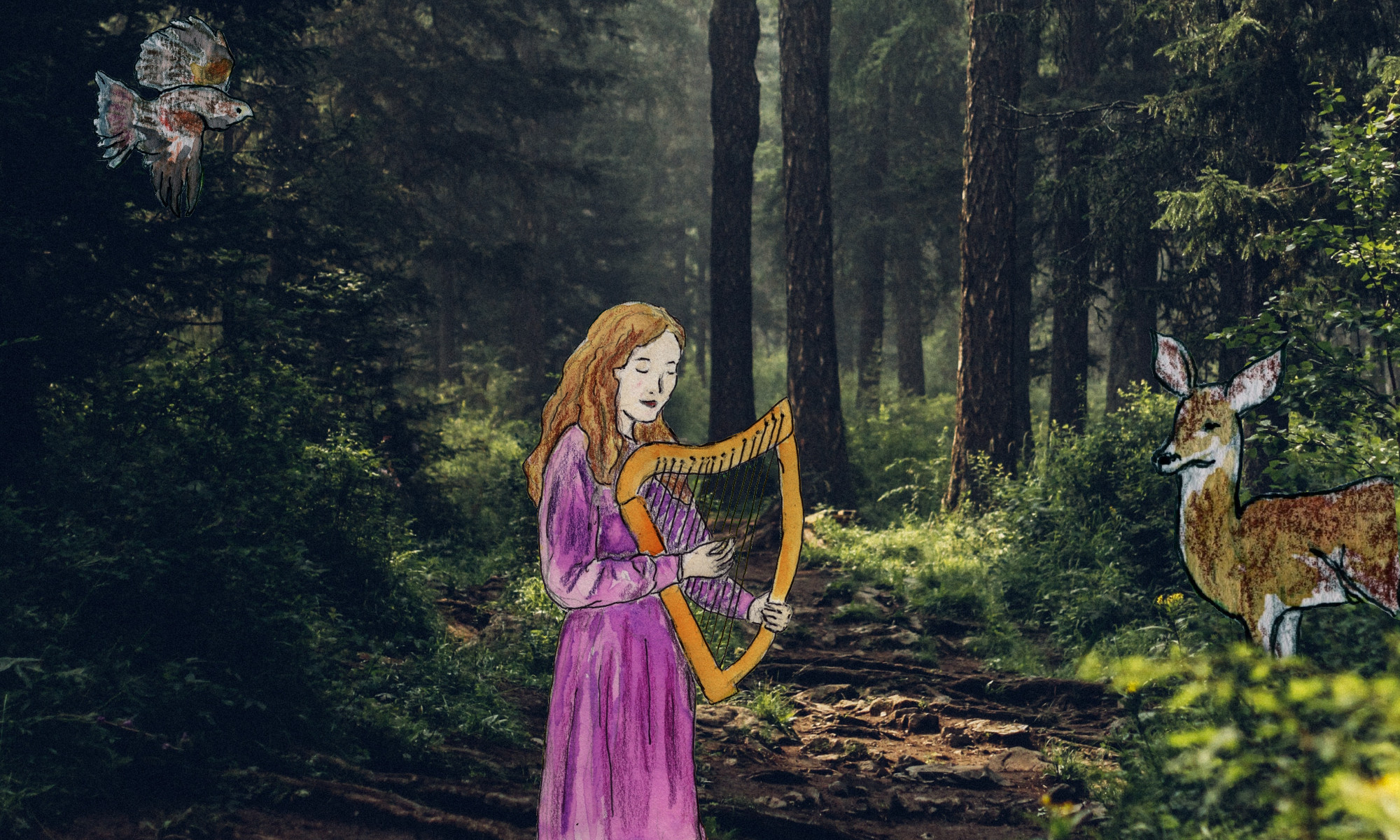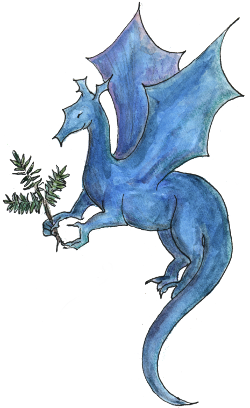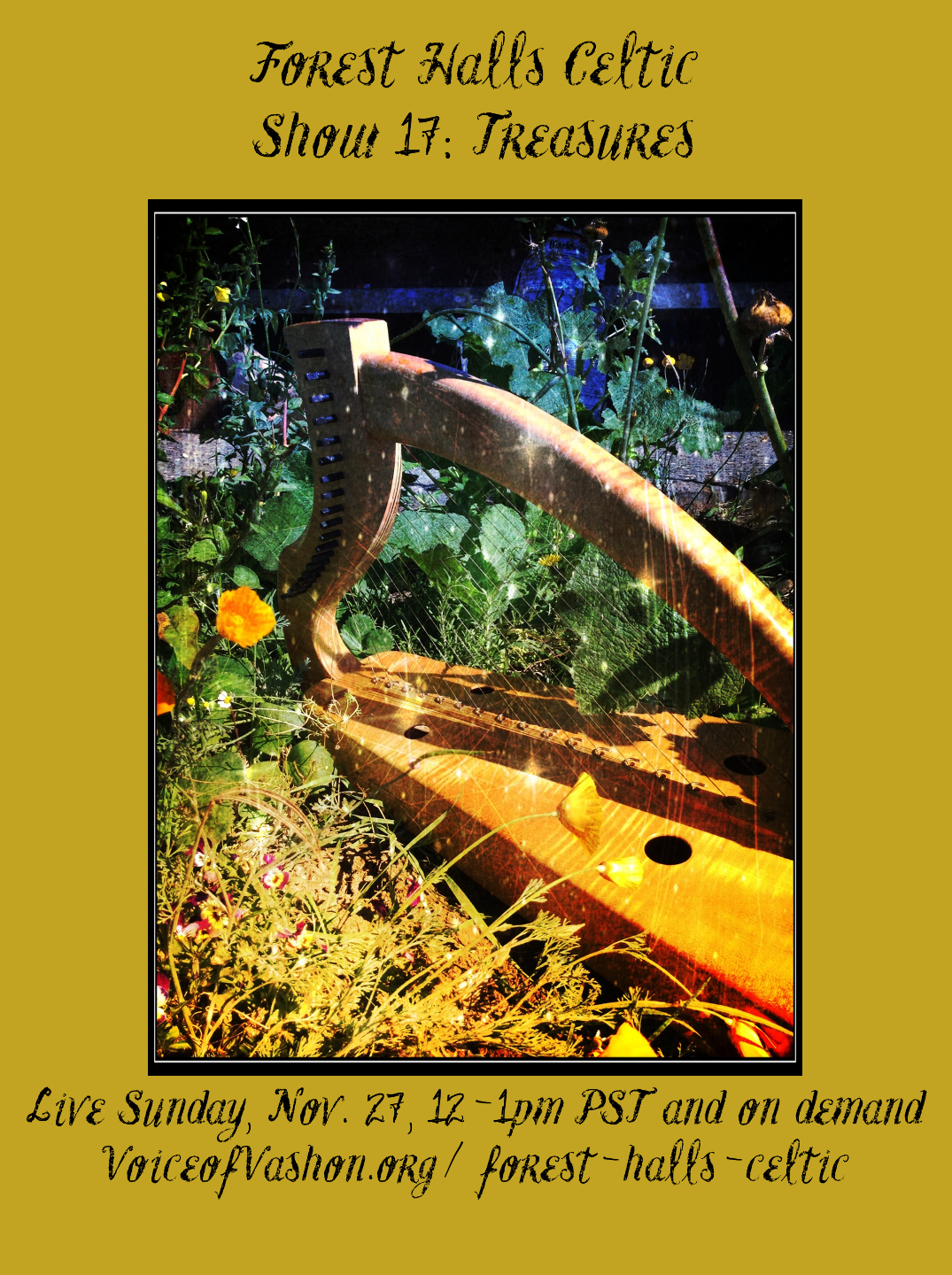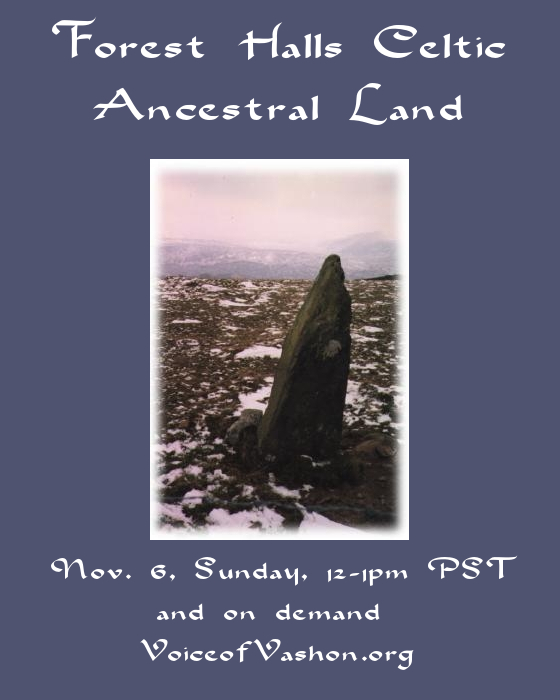It’s a beautiful sunny winter day, and here on Vashon we have the rumor that we may experience a dusting of snow in the near horizon. But in a larger sense we have already entered the season of Snow and Flame. Winter brings on the urgency of survival, and the sense of endings, but also the joy of gathering by a cheerful and comforting flame – finding it in our hearts and finding it with one another. Please enjoy this musical journey into Snow and Flame.
12:02: Aine Minogue – Jezebel Carol
12:04: Knodel and Valencia – Winter Creek
12:08: Loreena McKennitt – Snow
12:16: Cara Dillon – The Lonesome Scenes of Winter
12:20: Cara Dillon – The Huntsman
12:23: Sileas – The Snows they Melt the Soonest
12:30: 9th c. Irish poem “I have News for You”/Jane Valencia – A Luminous Sea
12:31: Enya – ‘s Fagaim Mo Bhaile
12:35: Anuna – Fionnghuala
12:39: Kazan Tatarstan Orchestra – Celtic Music for Harp Flutes Oboe Violin and Orchestra
12:44: Steve Baughman and Robin Bolluck – Breton Suite
12:49: Kim Robertson – Gaudete!
12:54: Free Range Folk Choir – Fall Down as the Rain
Listen to the latest episode here.

Format: “Track Title” – Artist (CD)
“Jezebel Carol” – Aine Minogue (Celtic Christmas – Putumayo Presents)
Irish harper and singer Aine Minogue performs a traditional holiday song from the Isle of Man.
“Winter Creek” – Knodel and Valencia/Spookytree (Masque)
A gorgeous reflective piece composed and performed by Celtic harper Debra Knodel, accompanied by Chris Caswell on piano, and myself on English horn.
“Snow” – Loreena McKennitt (A Winter Garden)
What’s not to love about winter music by Loreena McKennitt. She plays harp on this one, as well as sings.
“The Lonesome Scenes of Winter” – Cara Dillon (Cara Dillon)
“The Huntsman” Cara Dillon (Upon a Winter’s Night)
Two pieces — first a song, then a fun instrumental — by this talented Irish singer.
“The Snows they Melt the Soonest” – Sileas (File Under Christmas)
“The Snows They Melt the Soonest” is a British folk song dating back at least as far as 1821. It was mentioned, along with the lyrics, in Blackwood’s Magazine (Edinburgh) of that year.
Patsy Seddon sings this sad but beautiful song, with Mary MacMaster accompanying on wire-strung harp. This piece is from a very rare cassette released by Sileas in 1991.
Poem: “I have news for you” – 9th c. Ireland/Music: “A Luminous Sea” – Jane Valencia (RoseGarden)
As winter arrives, I pull out a bundle of poetry, tales, and music for the season. This poem is the first I bring forth. (Here’s a video in which I recite the poem and play an accompaniment on wire-strung harp)
I have news for you
The stag bells, winter snows, summer is gone.
Wind high and cold, the sun low, short its course
The sea running high.
Deep red the bracken, its shape is lost
The wild goose has raised its accustomed cry
Cold has seized the birds’ wings
Season of ice
This is my news.
— Irish, 9th century
“S’ Fagaim Mo Bhaile” [And I Leave My Home] – Enya (Silent Night)
A beautiful, but rather sad song, with these sorts of lyrics:
Morning and the day’s beginning
And I leave my home
My heart is breaking
My youth is long past…
The day is long past
When I left my home
There is no hope in my heart
There is only death
“Fionnghuala” – Anuna (from the live DVD `Celtic Origins`)
Irish musician Mícheál Ó Domhnaill from The Bothy Band collected this Scots Gaelic song from a piper in the Isle of Barra, Outer Hebrides.
Anuna’s director, Michael McGlynn arranged this piece for the choir, and himself sings the song — quite a tongue twister!
The blacksmith said, “I’ll wait”
The blacksmith said, “I’ll go”
The blacksmith said, in his confusion
Standing at the door of the barn
That he was going to go courtingChorus:
Island of bothies, of bothies
Island of bothies, of bothies
Island of bothies, of bothies
Fingal’s bothies
“Celtic Music for Harp, Flutes, Oboe, Violin, and Orchestra” – Orchestra from Kazan Tatarstan Russia
Natalia Antonova (harp)
Venera Porfirieva (flutes)
Eugene Sidorov (oboe)
Lilya Akhmetova (violin)
Conductor Anna Gulishambarova
Two movements of contemporary classical music based on folk themes. The second melody is a popular An Dro.
As a former oboist, I find the oboe playing in this recording to be gorgeous!
“Breton Suite” – Steve Baughman and Robin Bolluck (Alone and Together)
Two exquisite Celtic guitarists play tunes from Brittany. This suite includes the “An Dro” included in the piece above.
“Gaudate” – Kim Robertson (The Spiral Gate)
Gaudete means “rejoice” in Latin. This is a sacred carol, thought to have been composed in the 16th. Century, but as it contains medieval Latin lyrics, may date back as a monophonic (melody only) to the late medieval period. Celtic harper and singer Kim Robertson takes this ancient piece into new realms!
“Fall Down as the Rain” – Free Range Folk Choir (And When I Rise)
The Free Range Folk Choir is Vashon’s own eclectic and joyful folk music ensemble. Welcoming singers of diverse ages, backgrounds and musical experience, the choir celebrates the ways that music from around the world can lift the spirit and cultivate community.
The original song is a folk tune by Joe Crookston, which Shane Jewell, Director, composed the choral piece around. The recording is from a live concert in Burton Church, November 2014. The singers were in such good form, and the room had such excellent acoustics I was able to record it with a single microphone set out in the middle of the audience.
The song is based on the Buddhist idea of no birth, no death, and the ways that all life is interconnected.



